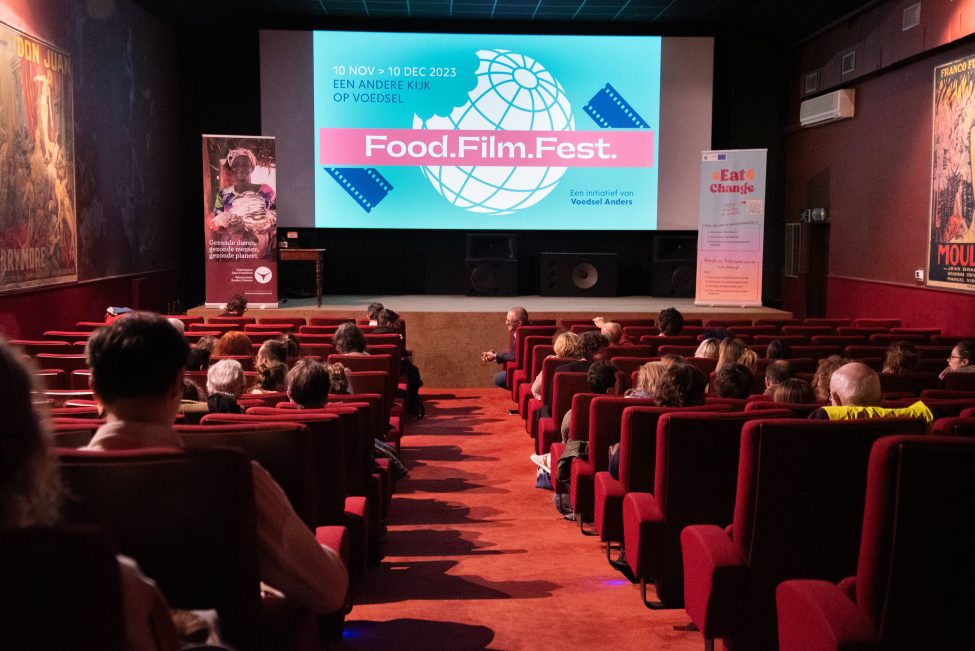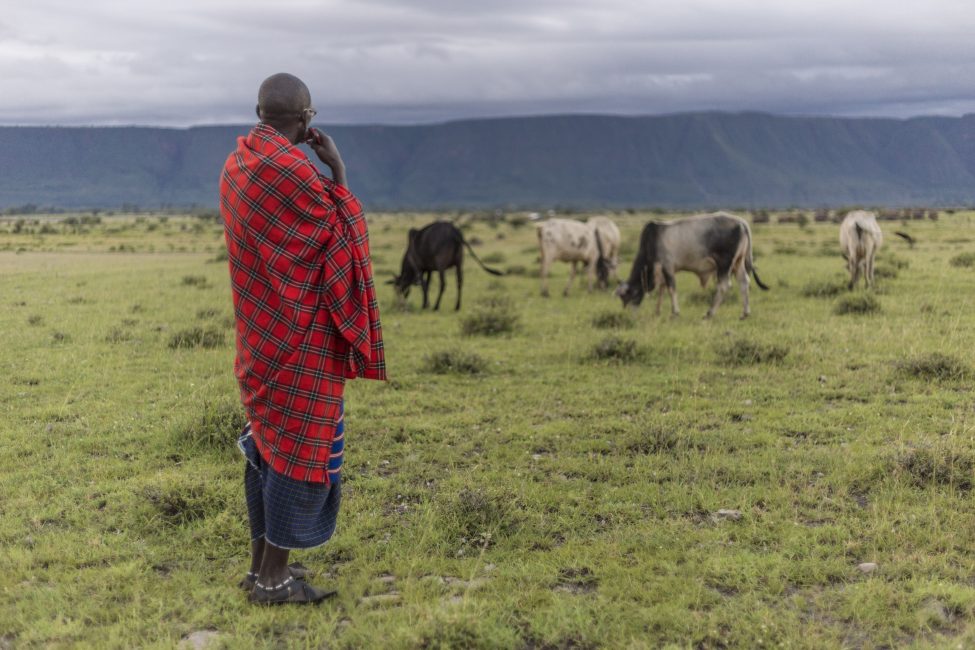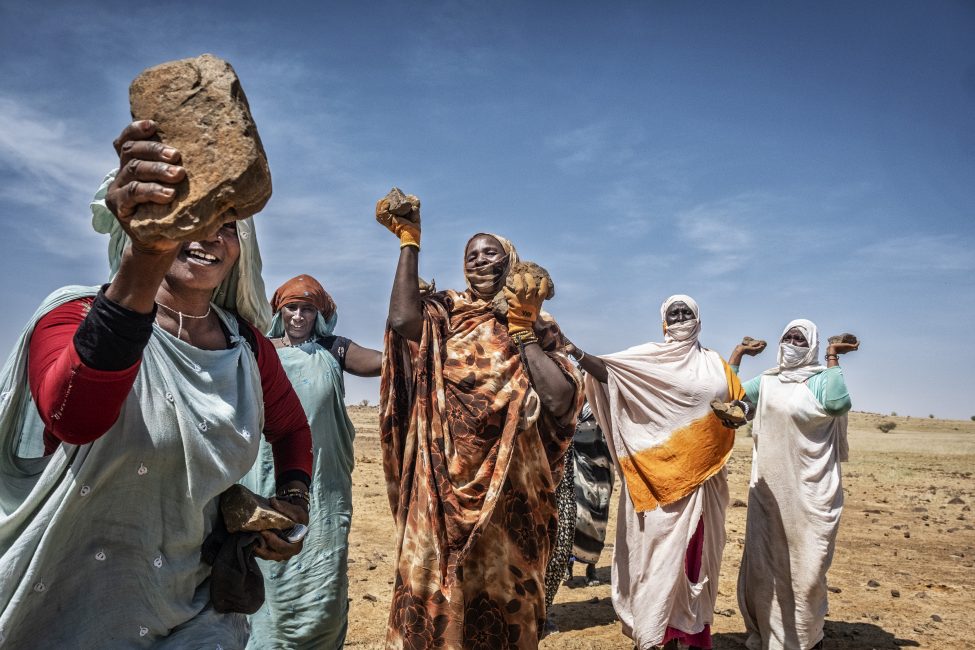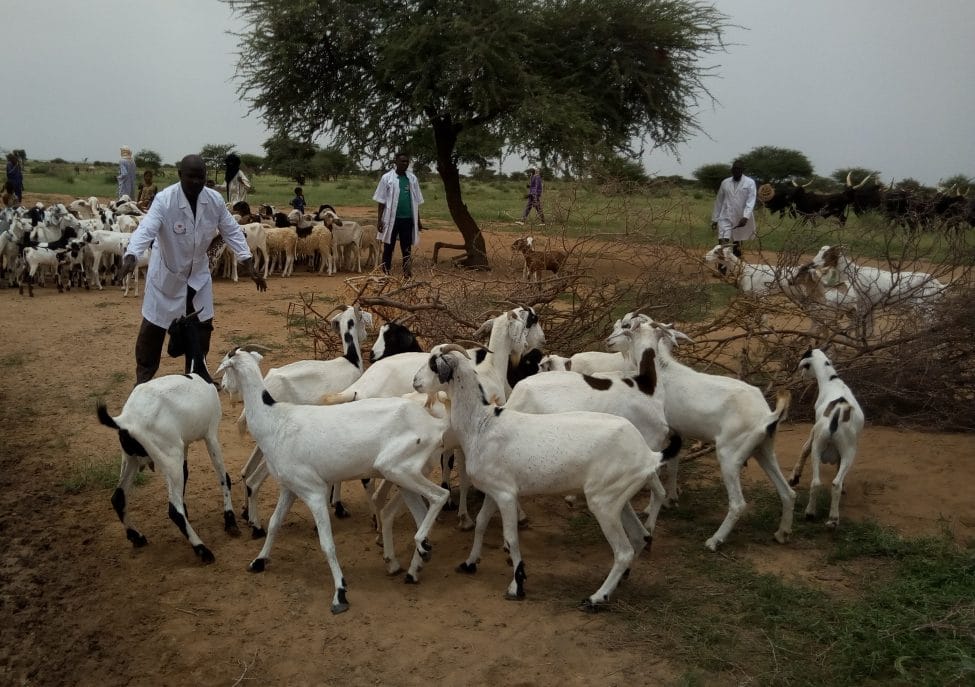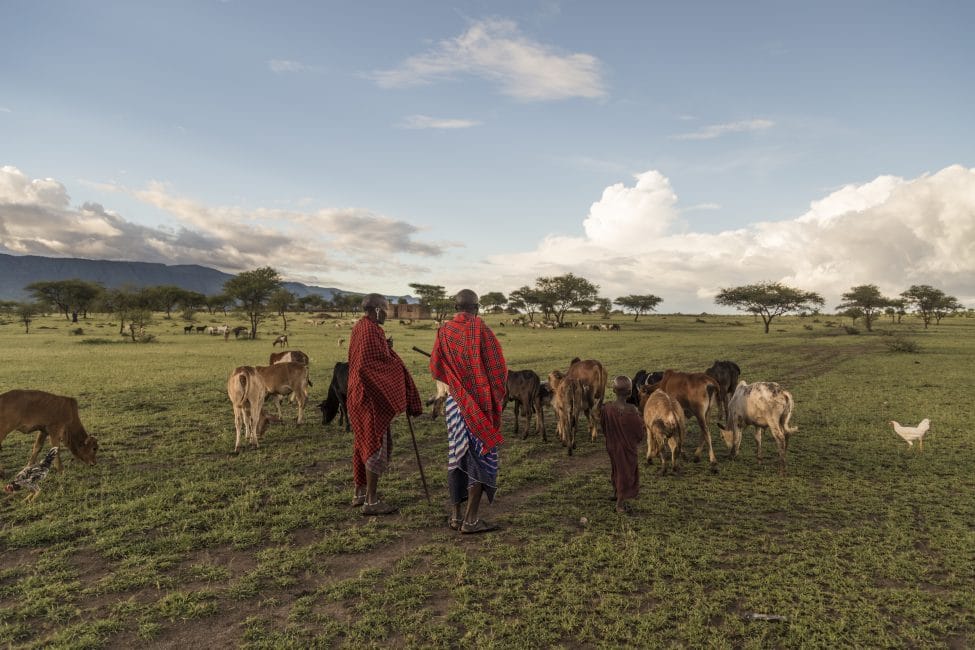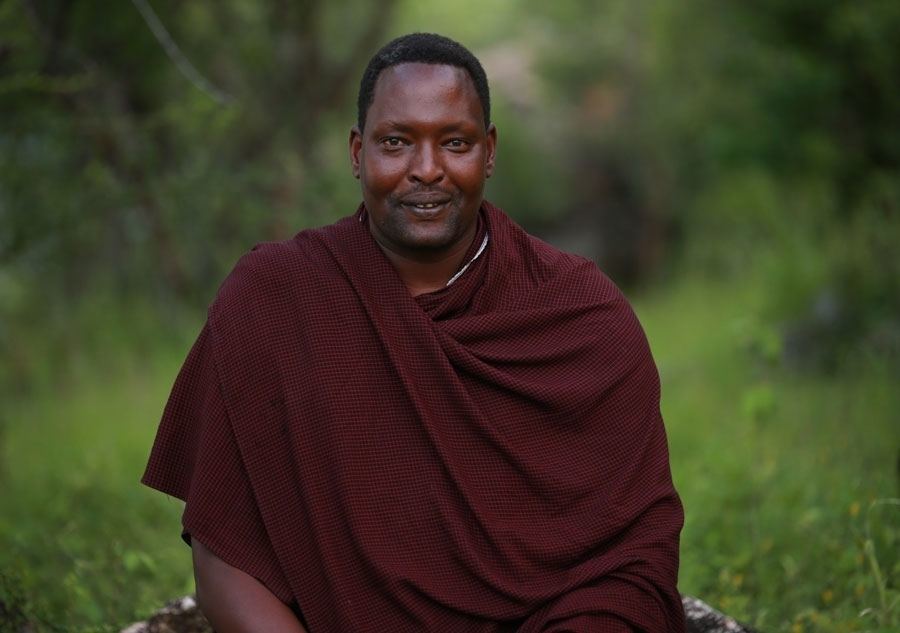We participated in the agro-ecological film festival Food.Film.Fest again this year. We showed the film ‘Sur Le Champ!’, followed by a debate on the opportunities and challenges presented by a transition to an agro-ecological food system.
“A healthy planet” – why we protect the environment as well
At the beginning of the year, we updated our slogan to read: “Healthy animals, healthy people, healthy planet.”That change has to do with our desire to emphasise the importance of the environment in our unique vision of health, as well as in our activities.
Mauritania: The urgent need to preserve soil and water in response to erosion
In the Assaba region in the south of Mauritania, erosion threatens the livelihoods of rural communities. For agro-pastoralists and their livestock, soil and water quality are of vital importance. We support them to carry out restoration works and to manage the new infrastructure in a sustainable way.
One Health: improving health risk management in Niger
Between 2017 and 2020, we implemented a programme with Médecins du Monde in Niger. Our aim was to improve health risk management by strengthening human and animal health services. This pilot project was guided by the principles of the One Health approach.
Livestock and climate change in the global South
Nowadays, livestock is often considered a major cause of greenhouse gas emissions, which are specific to industrial production systems. Conversely, the positive impact of family farming in the fight against climate change is little known and often underestimated.
Edward Loure wins Goldman prize for his struggle for traditional Masaai land rights in Tanzania
On Monday, April 18th, Edward Loure received the Goldman Environmental Prize for his longstanding dedication to land rights in Tanzania. Loure, a Maasai herder himself, works for Ujamaa Community Resource Team (UCRT), a local NGO with whom Vétérinaires Sans Frontières Belgium fights for land rights of Maasai pastoralists. Thanks to their pioneering work in northern Tanzania, pastoralists now have legal certainty about their traditional access to land.

